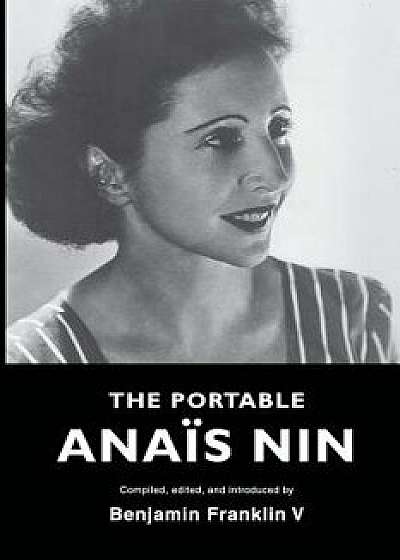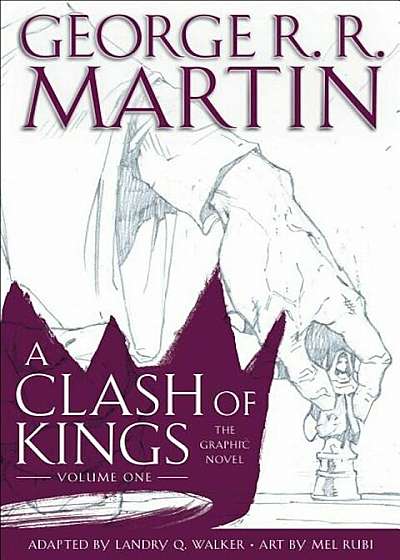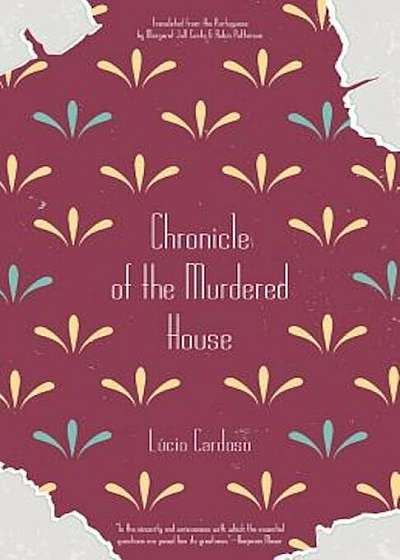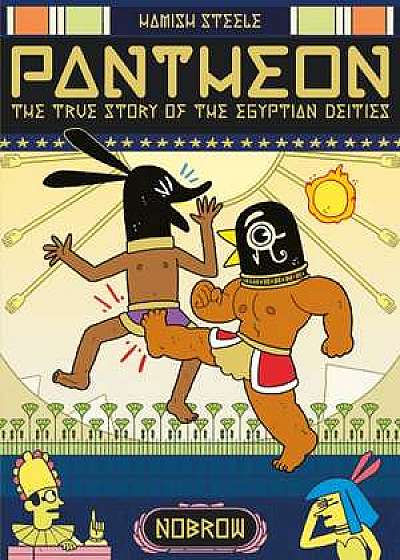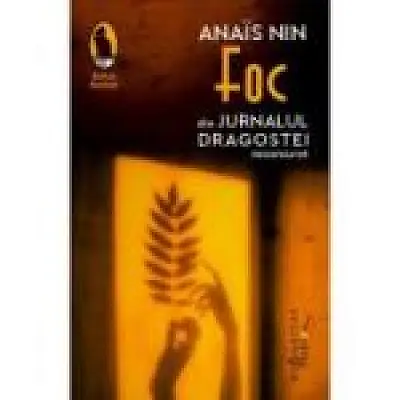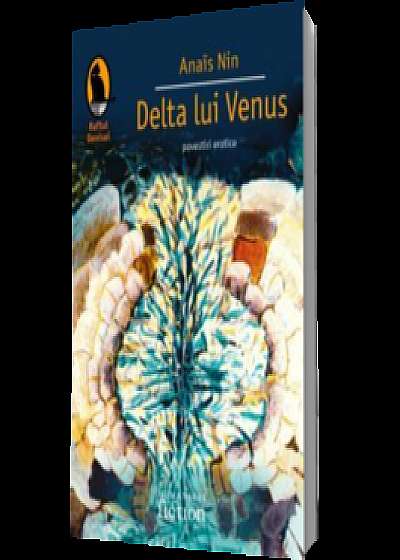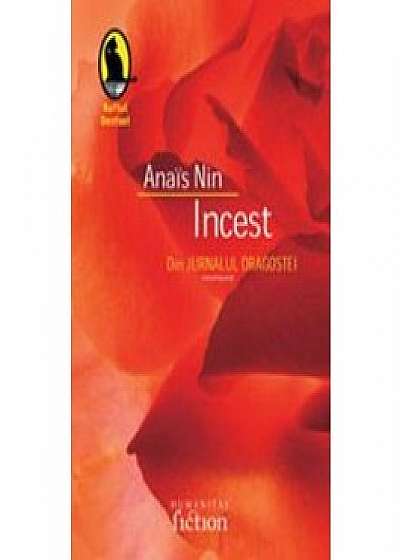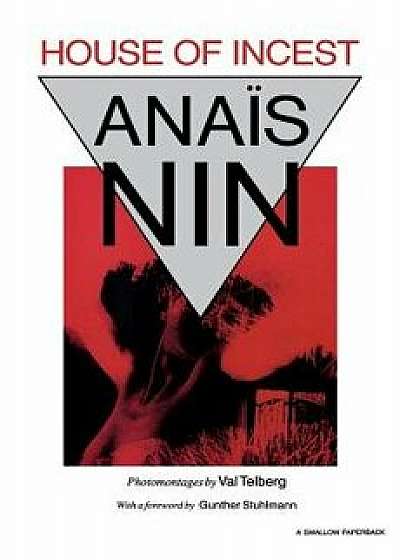
House of Incest, Paperback/Anais Nin
Descriere
"The genesis of House of Incest was in the dream. The keeping of dreams was an important part of that exploration of the unconscious. But I discovered dreams in themselves, isolated, were not always interesting. Very few of them had the complete imagery and tension to arouse others' interest. They were fragmented. The surrealists delighted in the image themselves. This was satisfying to the painters and to the film-makers. But to the novelist concerned with human character dramas, they seemed ephemeral and vaporous. They had to be connected with life. It was psychoanalysis which revealed to me the constant interaction of dream and action. It was a phrase of Jung's which inspired me to write House of Incest. He said: "Proceed from the dream outward." In other words, it was essentially a matter of precedence. To capture the drama of the unconscious, one had to start with the key, and the key was the dream. But the novelist's task was to pursue this dream, to unravel its meaning; the goal was to reach the relation of dream to life; the suspense was in finding this which led to a deeper significance of our acts. "Meanwhile a batch of dreams kept for a year served as a takeoff for House of Incest. They supplied the atmosphere, its climate and texture. At the same time I discovered that the dream had to be expanded, recreated, could not be told literally for then it became as flat and one-dimensional as representational realism. One had to find a language for it, a way of describing atmosphere, the colors and textures in which it moved. ...]" "The dream taught me not only the delight of sensory images, but the fact, far more vital, that they led directly into this realm of the unconscious which Joyce, Virginia Woolf, and Proust attained in various ways--Joyce by free association, with words, play on words, Proust by trusting the free associative process of memory and staying lingeringly in the realm between sleep and waking which resembles the waking dream, Virginia Woolf
